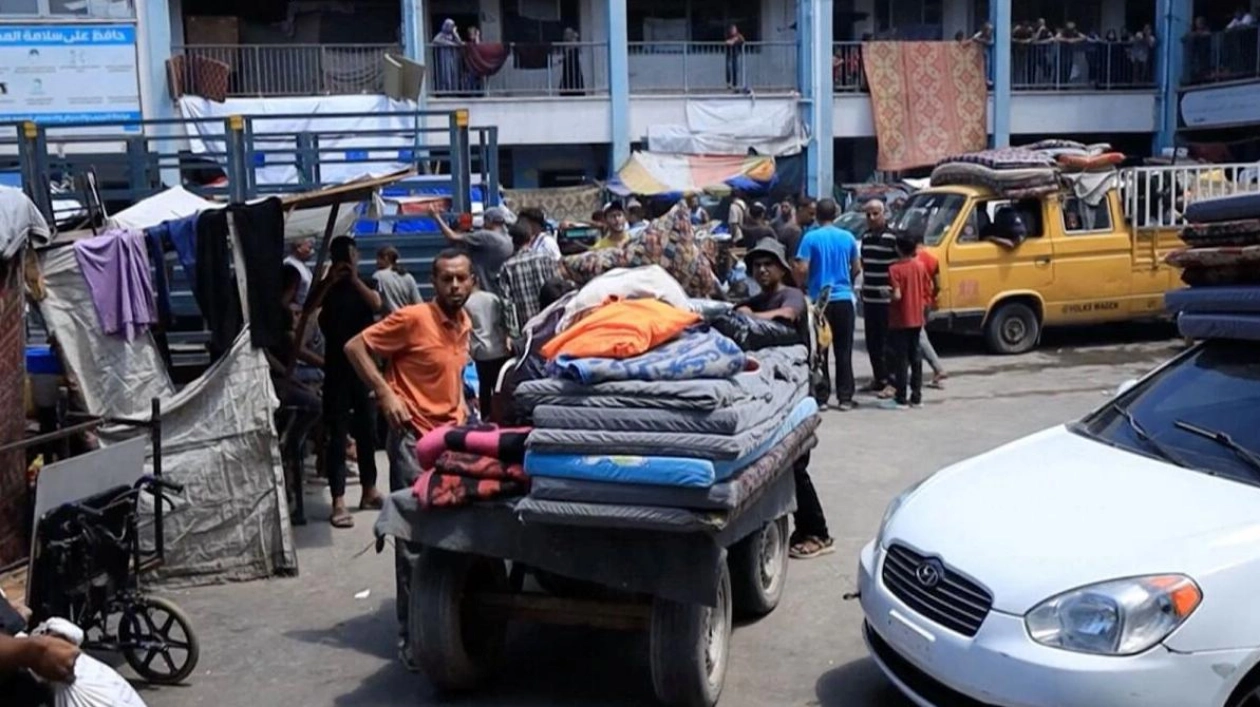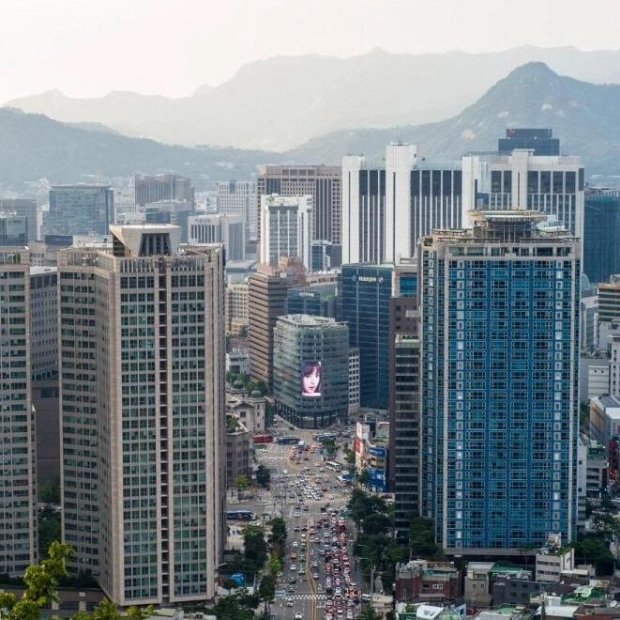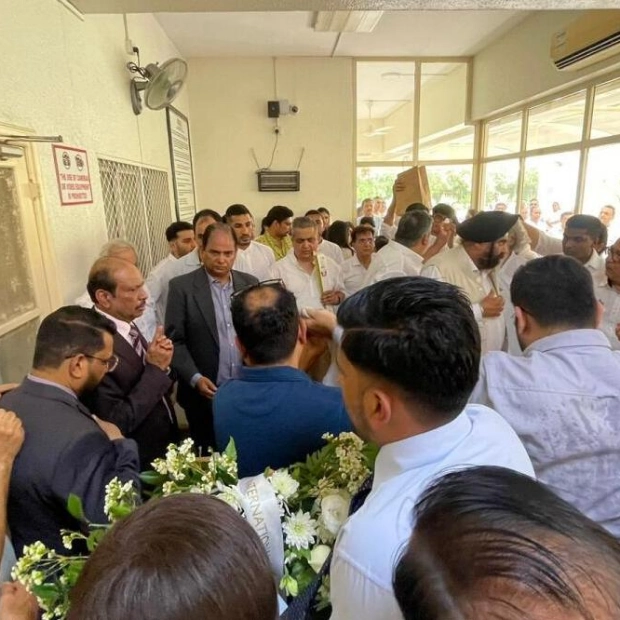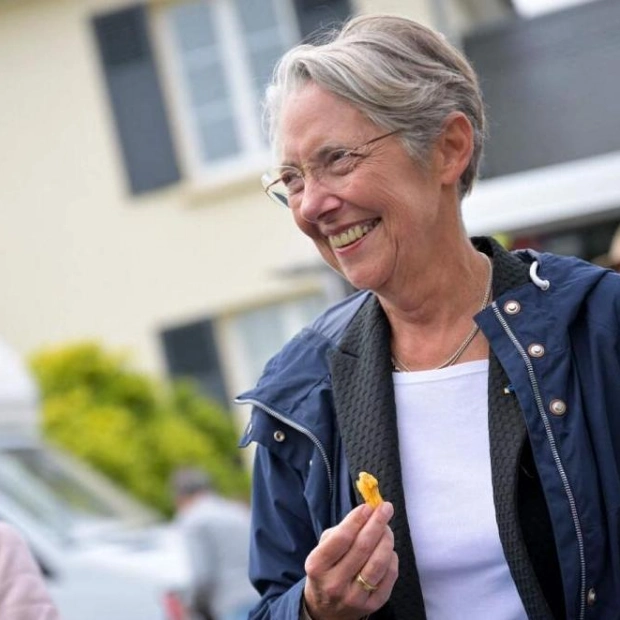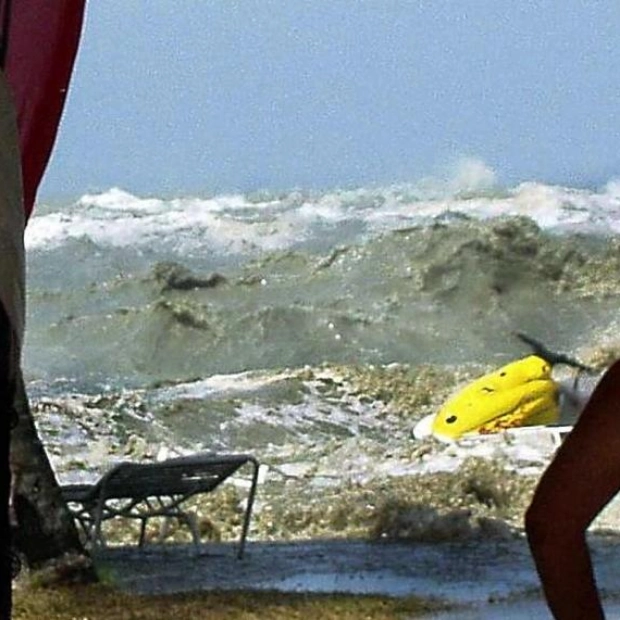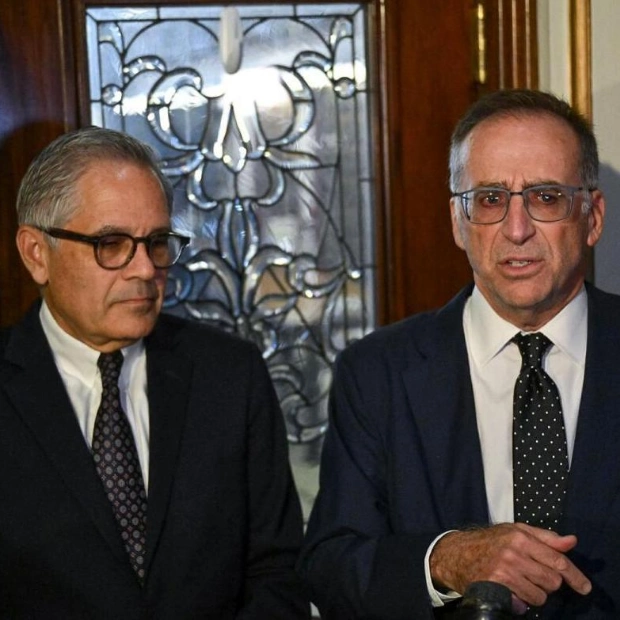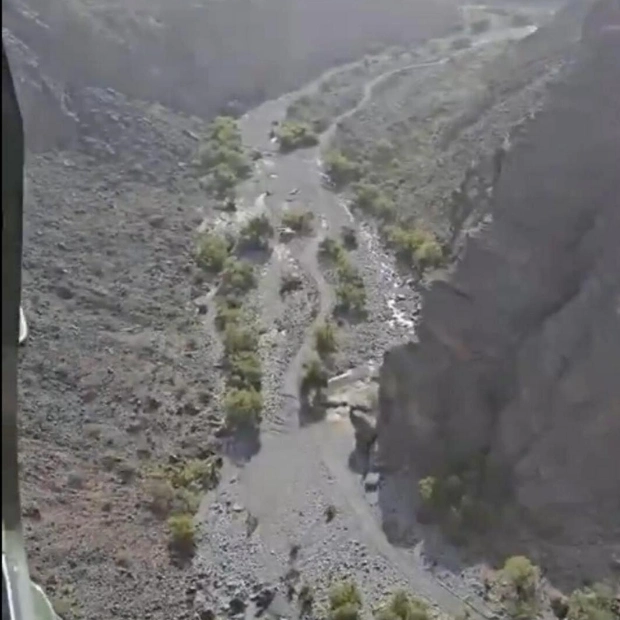On Monday, the United Nations reported a significant setback in humanitarian efforts in the Gaza Strip, following Israel's directive for a fresh evacuation in the central region of the besieged area. This development occurred concurrently with the United States reporting 'progress' in ongoing Gaza truce negotiations in Cairo, despite a significant yet brief cross-border escalation between Israel and the Iran-backed Hezbollah in Lebanon. The Israeli military on Sunday mandated an immediate evacuation of a section of Deir el-Balah in central Gaza, prompting a swift civilian exodus and displacement of UN and NGO personnel.
The UN's Office for the Coordination of Humanitarian Affairs (OCHA) expressed deep concern over the evacuation order, which 'effectively upends a whole lifesaving humanitarian hub' that was established in Deir el-Balah after being relocated from Rafah in May. The directive impacted 15 facilities housing UN and NGO aid workers, UN storage facilities, a water desalination plant, and medical centers, including the critical Al-Aqsa Hospital, one of the few still functioning in Gaza.
Speaking from her hospital bed outside Al-Aqsa Martyrs Hospital in Deir el-Balah, Tamam al-Raei, a war-injured patient, expressed her uncertainty about where to seek safety. A senior UNRWA official noted the diminishing operational space for the UN and humanitarian organizations in Gaza, leading to a halt in aid and worker movements within the region due to the evacuation order. The Israeli military stated its focus on targeting 'terror operatives' in Deir el-Balah and dismantling the remaining terrorist infrastructure of Hamas.
Since its military campaign to 'eliminate' Hamas, triggered by Hamas's October 7 attack on southern Israel, Israel has issued multiple evacuation orders. The retaliatory campaign has resulted in at least 40,435 deaths in Gaza, according to the Hamas-run health ministry, with the UN human rights office reporting that most of the casualties are women and children. The conflict has also involved Iran-aligned groups across the Middle East, raising concerns about a broader regional conflict.
The recent escalation saw Hezbollah launching rockets and drones at Israel in response to the killing of one of its top commanders by Israel in July. Israel responded with air raids, claiming to have thwarted a larger attack, and later lifted a state of emergency. Despite this, Israel's army chief, Herzi Halevi, affirmed the military's determination to continue degrading Hezbollah's capabilities.
Meanwhile, the US expressed cautious optimism about efforts to achieve a ceasefire in Gaza and secure the release of hostages taken during the October 7 attack. Of the 251 hostages seized, 105 remain in Gaza, including 34 reportedly deceased. The fate of these hostages is a central issue in truce talks, with weekly protests in Israel demanding their return. A key negotiation point is Israel's insistence on maintaining control over the Philadelphi Corridor along the Gaza-Egypt border to prevent Hamas from rearming, a demand Hamas has rejected.
Cairo, acting as a mediator alongside Qatar and the United States, has insisted it will not accept any Israeli presence along the corridor. In Washington, National Security Council spokesman John Kirby noted ongoing progress in the talks, which will involve working groups for several days. The Pentagon, meanwhile, continues to monitor the threat of an Iranian attack on Israel.
